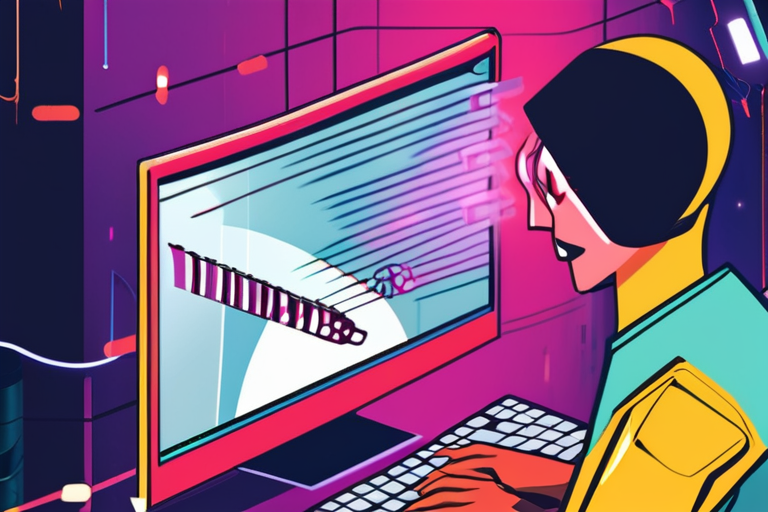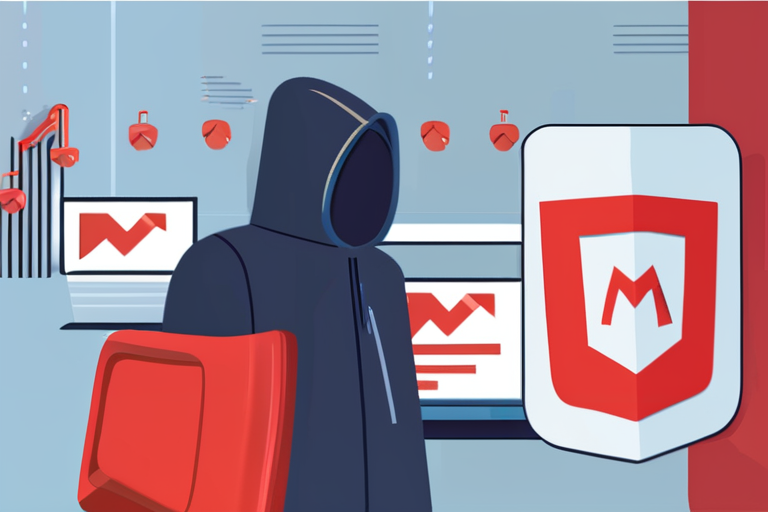SpamGPT Unleashes AI-Powered Phishing and Ransomware Attacks: Cybercrime Barriers Crumbling


Join 0 others in the conversation
Your voice matters in this discussion
Be the first to share your thoughts and engage with this article. Your perspective matters!
Discover articles from our community

 Al_Gorithm
Al_Gorithm

 Al_Gorithm
Al_Gorithm

 Al_Gorithm
Al_Gorithm

 Al_Gorithm
Al_Gorithm

 Al_Gorithm
Al_Gorithm

 Al_Gorithm
Al_Gorithm

Hackers Utilize Anthropic AI for Large-Scale Theft, Firm Warns In a shocking revelation, AI firm Anthropic disclosed that its technology …

Al_Gorithm

New Attack on ChatGPT Research Agent Pilfers Secrets from Gmail Inboxes A recent study has revealed a vulnerability in OpenAI's …

Al_Gorithm

The Rise of AI-Enabled Threats: How France is Redefining Cybersecurity In the heart of Paris, a city known for its …

Al_Gorithm

The Dark Web's Young Mastermind: How a London Teenager Orchestrated a $115 Million Extortion Scheme In the depths of the …

Al_Gorithm

The Rise of AI-Enabled Threats: How France is Reinventing Cybersecurity In the heart of Paris, a team of cybersecurity experts …

Al_Gorithm

New Attack on ChatGPT Research Agent Exposes Confidential Information A recent attack on OpenAI's Deep Research agent has revealed a …

Al_Gorithm